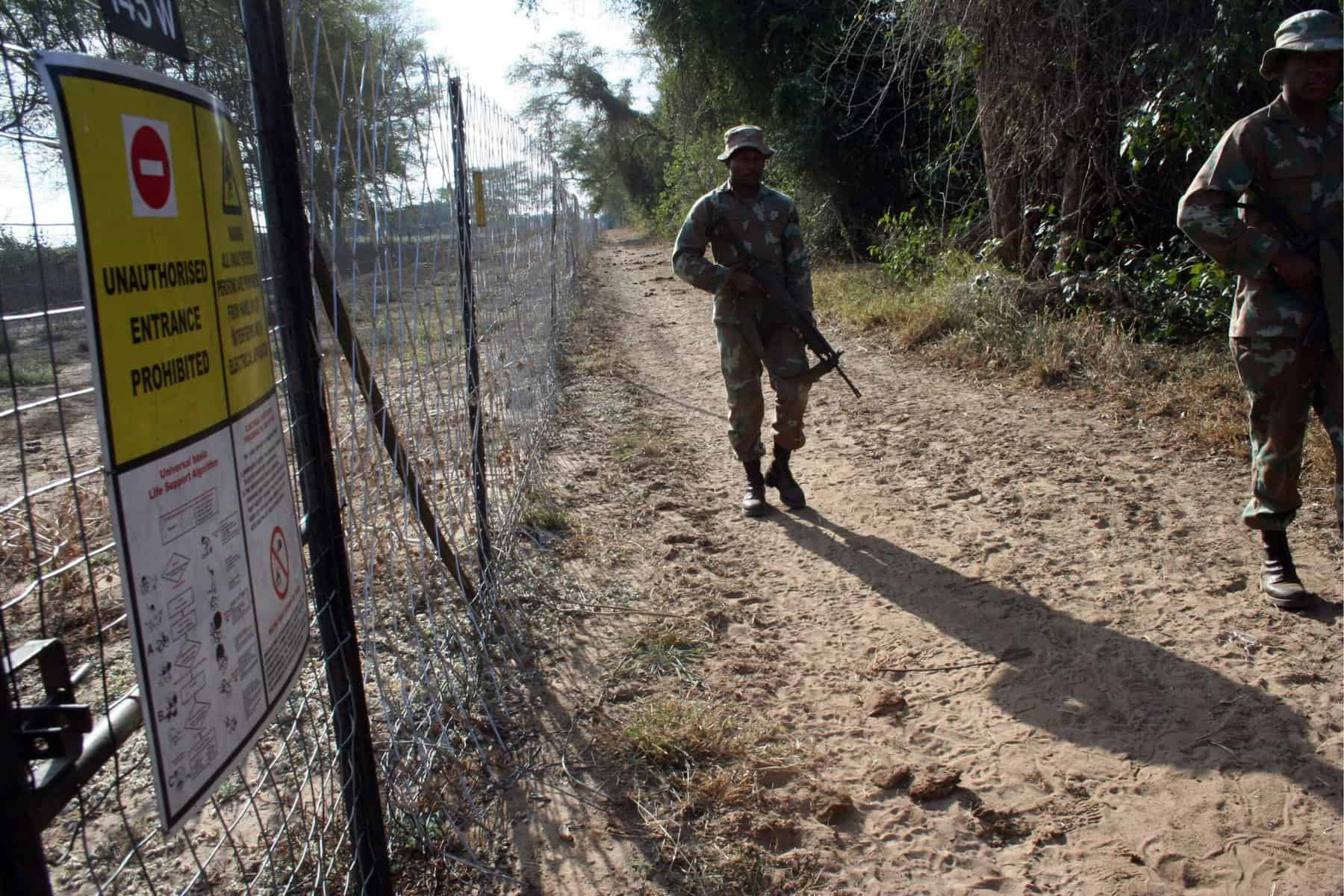Armscor faces scrutiny as defence manufacturers question delays and sudden changes in the SANDF’s armoured vehicle procurement process.

Concerns among armoured vehicle manufacturers are mounting over the imminent announcement of the winner of the tender to supply the South African National Defence Force with 462 armoured personnel carriers (APCs) for counterinsurgency border patrols.
The tender was initially opened for formal expressions of interest in July last year.
Confusion over shifting specifications
As defence analyst James Kerr has pointed out publicly, there should have been a series of protocols that needed to be followed.
This would traditionally have culminated in a live testing of the competing vehicles in the field.
Instead, there have been no tests, while the specifications of the desired vehicle have been changed several times, confusing the process.
This is in terms of the vehicle’s ability to withstand landmine blasts and small arms fire, as well as the number of troops it is supposed to carry and for how long before resupply.
The question some manufacturers are now asking is whether the process was deliberately changed and delayed to favour a particular manufacturer that did not have a suitable vehicle in its manufacturing inventory at the time.
ALSO READ: Military veterans’ head office in disrepair, minister admits
Armscor accused of cancelling fair field tests
Seven companies responded to Armscor’s request: DCD Protected Mobility, Denel, OTT Solutions, Paramount, Automotive Investment Holdings/ICP and SVI.
Armscor invited three South African defence manufacturers – DVD, Paramount and SVI – to send vehicles to the South African Army’s Technical Services School for physical inspection on 28 February.
This would then be followed by field testing along the country’s various borders from 3 March to 26 March.
The date for the physical inspection was then set for 3 March, with field tests starting the following day.
The three manufacturers had their vehicles duly inspected and loaded them onto transporters for the border evaluation.
En route, they were verbally informed by Armscor to return to their companies, as the field evaluations had been cancelled.
Ten days later, they were informed by letter that Armscor had cancelled the evaluations “in order to align with the request for bids requirements”.
ALSO READ: This is why the defence department leased a hotel to train SANDF personnel
Industry warns of another “Badger” disaster
On 1 October, specialist South African defence news site defenceWeb reported that Armscor had identified a preferred bidder for the tender.
Kerr said he had hoped that the procurement of the APCs, all of which could be locally sourced, were fit-for-purpose and immediately able to deploy would draw a line under the infamous Badger infantry fighting vehicle project which has bedevilled the defence force for decades.
“After 18 years and R7.7 billion spent, the project has produced zero operational vehicles,” he said.
“The result is not only the collapse of Denel’s once world-class manufacturing capability, but also the erosion of public confidence in the defence acquisition process.
“The Badger debacle has left South Africa’s mechanised units dangerously underequipped and vulnerable.
“It is a reminder that when politics and vested interests override technical merit and transparency, the consequences extend far beyond the balance sheet – they undermine national security itself.”
Border security concerns deepen
Border protection, as seen in last week’s parliamentary joint standing committee on defence and the portfolio committee on defence and military veterans visit to Musina in Limpopo, is vital to the functioning and stability of the country.
ALSO READ: SANDF chief Maphwanya submits report on controversial Iran trip [VIDEO]
The committees issued a joint statement deploring the fact that the country’s borders were effectively open due to manpower shortages, insufficient equipment and a broken border fence in places.
The state of the existing APCs is a concern for Kerr: “South Africa’s borders have become increasingly porous.
Smuggling, cross-border crime and trafficking continue to erode our internal stability and economic security.
“The defence force’s current armoured vehicles, many of which date back to the 1970s and 1980s, are no longer fit for purpose.
“The border patrol tender is more than just about securing South Africa’s territorial sovereignty, it’s also a test whether the country can manage a transparent, accountable and technically competent defence acquisition.
“The right vehicle must be selected on its ability to meet operational requirements, deliver reliability in the harshest terrain and be produced locally to sustain critical industrial capability.”
The department of defence and Armscor were contacted for comment but none was forthcoming by the time of publication.
NOW READ: SANDF soldier shoots teenage son before trying to take his own life
Support Local Journalism
Add The Citizen as a Preferred Source on Google and follow us on Google News to see more of our trusted reporting in Google News and Top Stories.






